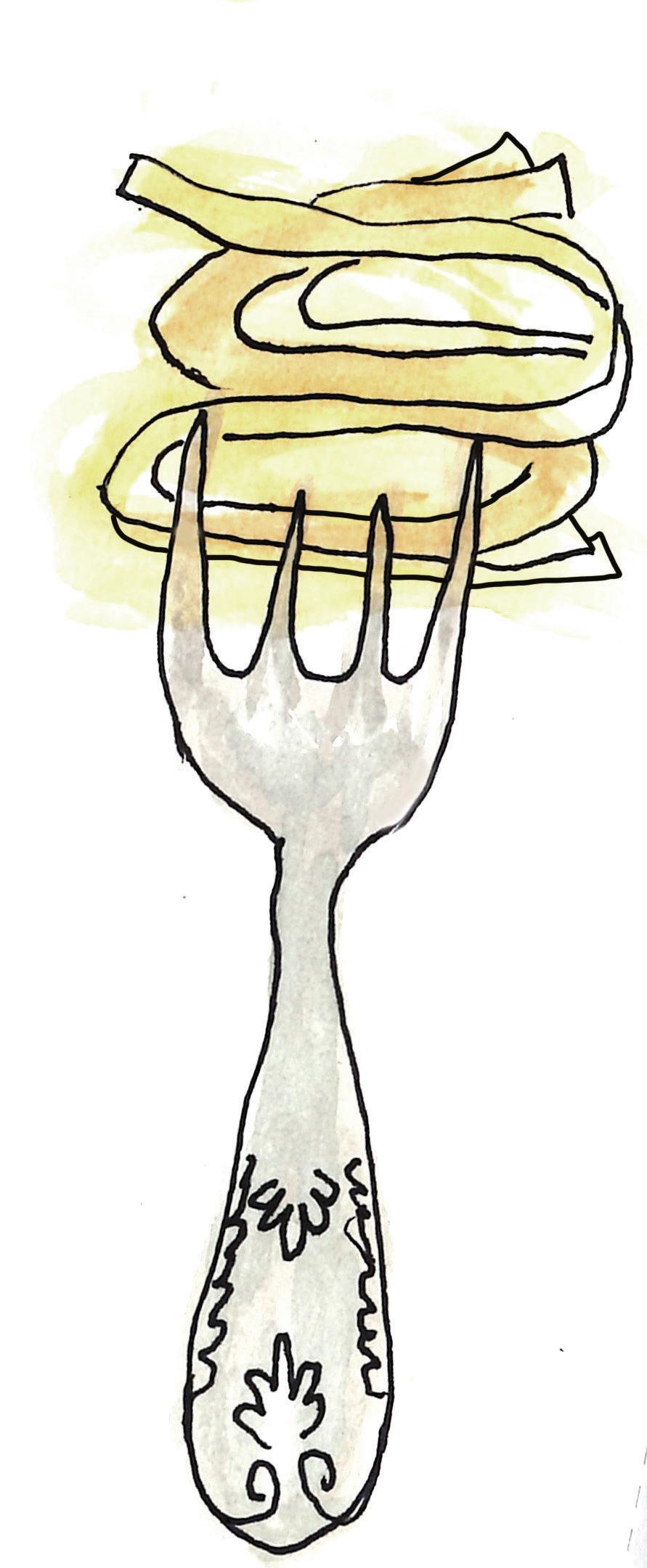2 minute read
Wellness Navigators Help CHHS Students Thrive
Working to address student needs postpandemic, WKU’s College of Health and Human Services is implementing the CHHS Student Wellness Experience.
Falling in line with their mission to prepare students to become professionals who will work to improve the quality of life in their communities and beyond, CHHS recognized they must start with improving the quality of life for students while they are on campus.
Behind this initiative, Marsha Hopper and Amy Wininger serve as the student wellness navigators assisting students, especially first-year students transitioning to college life, and teaching CHHS 150 Enhancing Quality of Life for Health and Human Services Professionals.
An innovative concept initiated by CHHS Dean Tania Basta, the CHHS Student Wellness Experience is a comprehensive program focused on a wellness wheel, or the eight dimensions of wellness, which include emotional, environmental, financial, intellectual, occupational, physical, social and spiritual. Using each of these dimensions of wellness as a reference, the navigators serve as resources to help students find their niche on campus, get connected and experience a better and more balanced quality of life.
“Research suggests that the more engaged first-time students are on campus, the more likely they are to return for their second year,” Basta said. “Furthermore, most of our students are being prepared for high-stress careers, so we want to ensure they learn how to take care of themselves before they take care of others.”
Basta said faculty can refer struggling students to navigators each semester. Navigators will work to engage them in activities and services on campus that meet the eight dimensions of wellness.
These navigators are not meant to replace existing services but instead to connect students with the many resources WKU offers, Wininger said.
“Our mission as student wellness navigators is to encourage students to develop wellness strategies during their time on the Hill, readying them for careers typically high in rates of stress and burnout,” Wininger said. “We serve as an extra layer of support for students, providing follow-up, encouragement, and guidance.”
Wininger said CHHS also encourages students to join intramural teams, seek counseling services or run for student government as well as guide a student through financial challenges.
For Hopper, the navigator role is all about helping students.
“I have a heart for students, for students in transition and for student success,” Hopper said. “I had a great college career, and I believe that a thriving, active campus is one of the best, safest and most exciting places to mature, learn, grow, make lifelong friends, network and solidify career goals for ideal professions.”
As part of the program, Hopper and Wininger each teach three sections of a newly developed one-hour class for CHHS first-time freshmen and transfer students.
Hopper said the CHHS 150 Enhancing Quality of Life for Health and Human Services Professionals curriculum has a strengths-based approach.
“I hope with increased awareness and selfreflection, such as identifying old habits, creating new habits and improving on positive behaviors, students will gain a better sense of themselves,” Hopper said.
Wininger and Hopper hope to make a difference in the lives of CHHS students by increasing their knowledge, awareness and skills for living optimally balanced lives.
“They will become more grounded, come out stronger and wiser, and will hopefully one day want to establish broader connections to their communities and to the world, as well as want to volunteer and give back, as they become more highly educated, confident and competent,” Hopper said.
Wininger said their ultimate goal is for students to make a difference in their communities after graduation and to be more resourceful, resilient and poised.
For more information about the CHHS Wellness Experience, visit www.wku.edu/ chhs/wellness.php.










